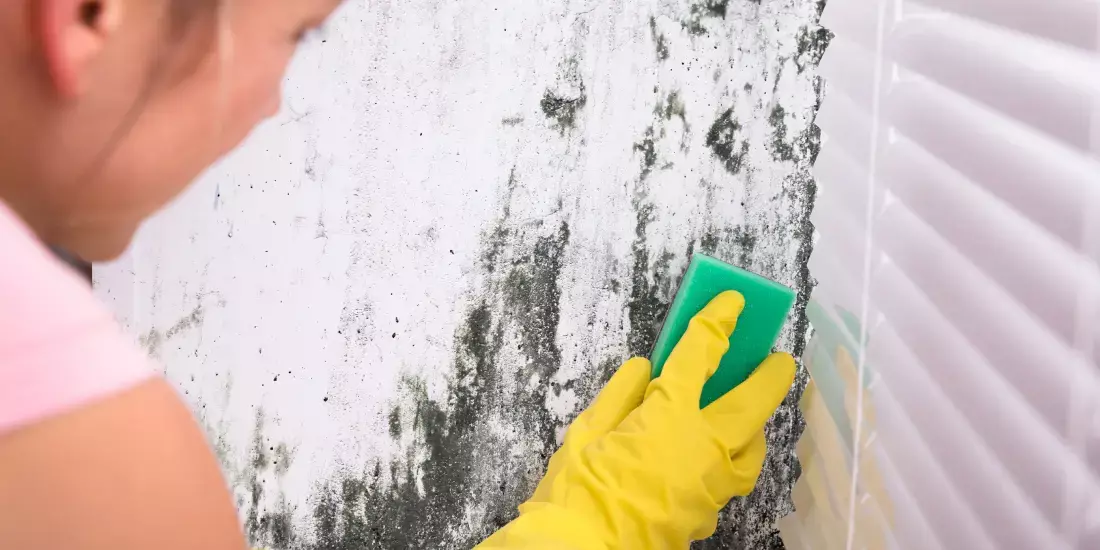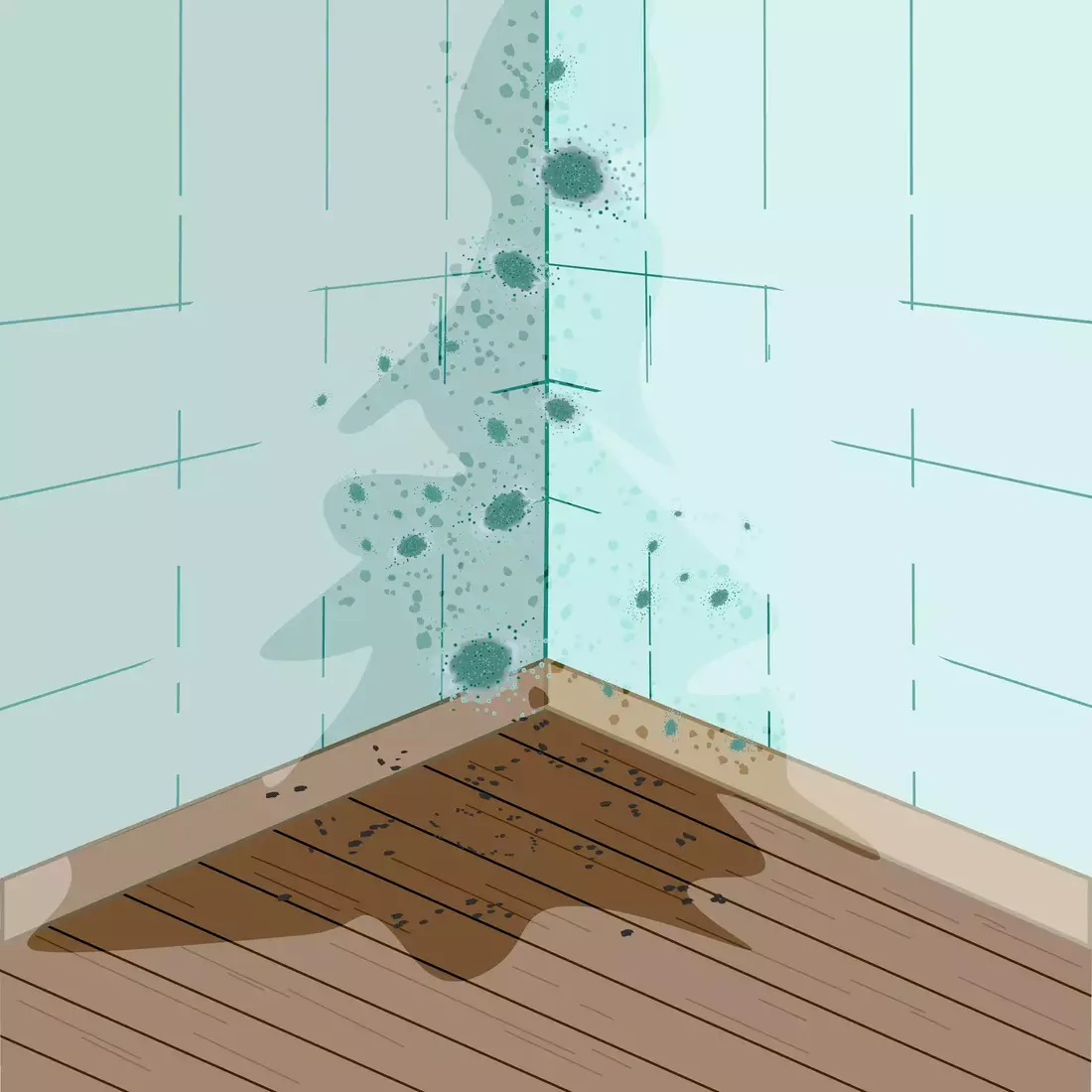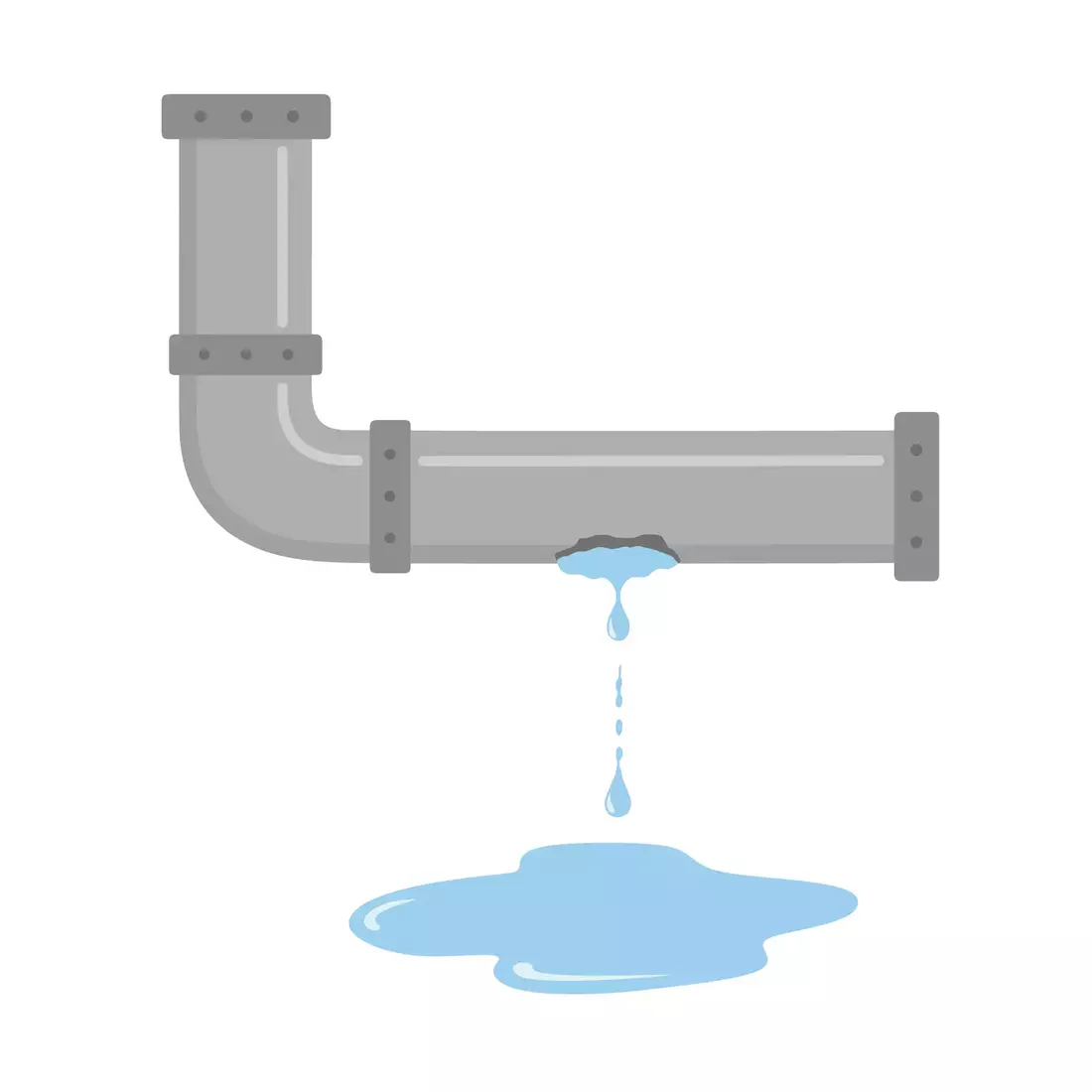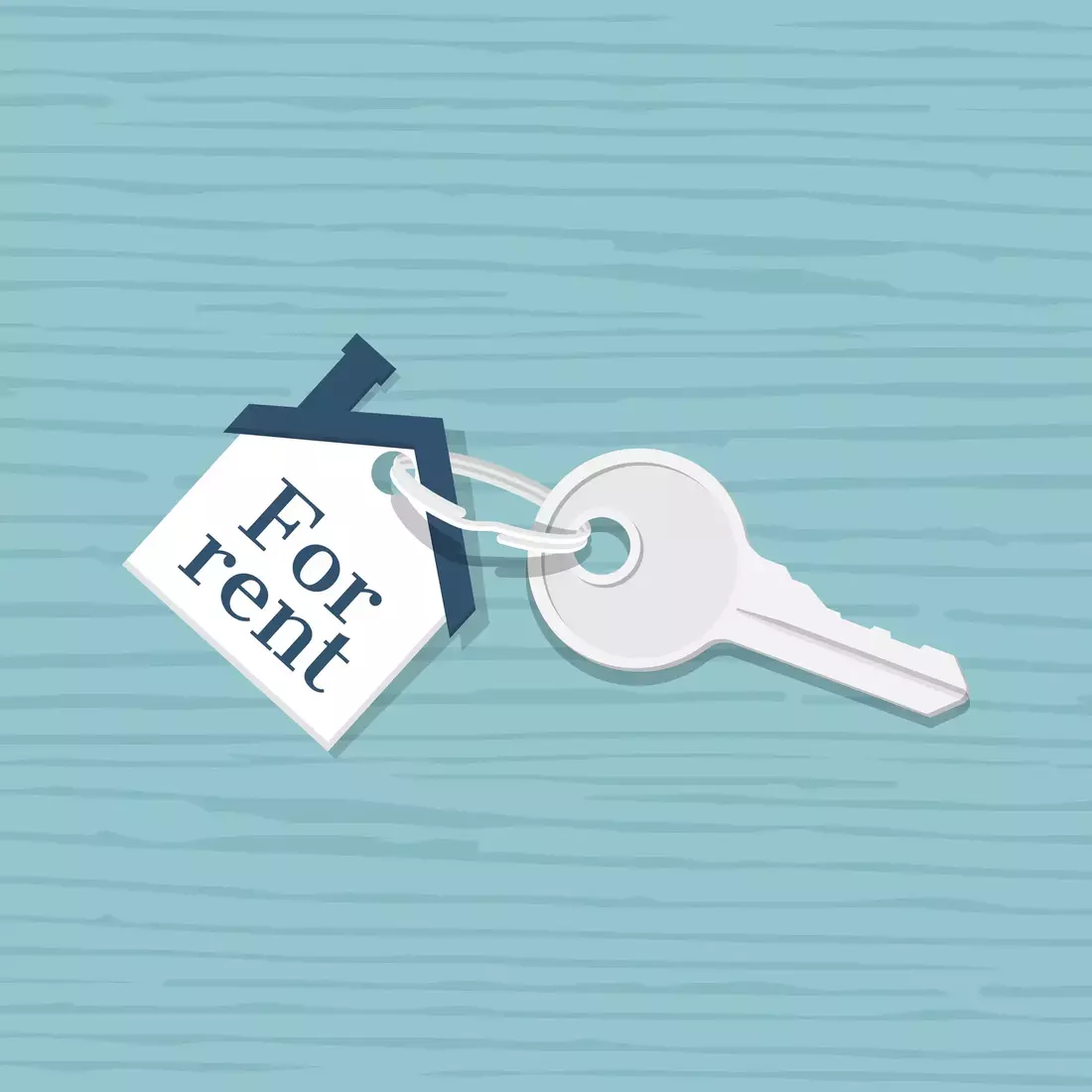The Complete Guide to Housing Disrepair
- What housing disrepair consists of
- How a claim can help your situation
- What compensation you could be entitled to
For anyone who doesn’t own their home, their landlord has a duty of care to ensure your home is fit to live in. If you are experiencing issues with housing disrepair, and your landlord fails to carry out repairs, not all hope is lost. By making a claim, you can legally force them to fix your home and receive compensation for the trouble.
This article will explain what housing disrepair consists of, and who’s eligible to make a claim. It will go over various issues that will be covered as well, so you can see if you qualify. When it comes to the amount of distress unfixed issues cause, making a claim is a way to return to normality.
Ready to return to a liveable home? Use our eligibility checker to see if you qualify. It only takes a minute.

What's On This Page?
Click the links below and head straight to a specific section of the article.
- What Is Housing Disrepair?
- What a Housing Disrepair Claim Consists Of
- Issues Covered
- Eligibility
- Giving Your Landlord Notice of Housing Disrepair
- How Much Compensation Can I Receive?
- How to Make a Housing Disrepair Claim
- Evidence Required
- How Long Does the Claims Process Take?
- What Is ‘No Win, No Fee’?
- What Is a Claims Management Company?
What Is Housing Disrepair?
If your home is in disrepair, it doesn’t mean that a couple of shelves need reattaching to the wall or that some kitchen cupboards are hanging off. The legal definition of housing disrepair is a rented property that is in need of repairs in order to be considered safe and suitable for occupation.
This could be for various reasons, but often includes homes that suffer from excessive cold due to inadequate heating, blocked drains or unusable toilets. The bottom line is, the issue needs to be considered unsafe and impact the lives of the tenants.
A housing disrepair claim is when a tenant takes legal action against their landlord to make them fix the disrepair, and potentially pay you compensation for any distress caused.
A landlord is required, by law, to fix housing disrepair issues because the property belongs to them. If it’s not safe to live in, it shouldn’t be rented out. Any specifics the landlord will repair should be stated in the tenancy agreement.
Landlord Duties
As a tenant living in a rented property, your landlord must ensure the following:

Your home is structurally sound and in a good state of repair
No considerable amount of damp or mould is present
There’s safe access to gas, electricity and water
Water outlets, such as toilets and basins (sinks), are in proper working order
There is no infestation of vermin
The heating system is in proper working order
Drains and gutters are operating sufficiently
The roof is secure and stable, with no leaks
If you have issues with any of the above, it’s highly likely that you can make a housing disrepair claim.
What a Housing Disrepair Claim Consists Of
The process of making a housing disrepair claim against a private landlord may differ slightly for social housing tenants, as legal obligations may vary.
Before you claim, you must notify your landlord of any repairs that need to be conducted. You need to allow a suitable length of time in which they can rectify any housing disrepair issues first. This is to ensure you have given them a chance to make things right.
If you still don’t hear from your landlord, you can submit a housing disrepair claim. This is essentially a way of legally forcing them to repair your home and make it safe again. Depending on the nature of the inconvenience, you may even be awarded compensation as well.
Court Powers
The legal powers the court has allows them to impose one of two outcomes on your landlord. They can either call an order for specific performance or call a mandatory injunction against them. If your housing disrepair issues still persist after this, your landlord faces a fine or imprisonment.
Alternatively, the court can make a declaration that you can conduct the repairs yourself and then deduct the cost of this from future rental payments. This result will depend on your housing disrepair case.
Compensation
Although this is a byproduct of making your home liveable again, you may also be entitled to compensation. This depends on the severity of the situation.
You could be awarded damages if:
You were injured or made ill as a result
Possessions were damaged or destroyed
Your home was unable to be used in the normal way
The benefits of making a housing disrepair claim against your landlord are twofold. Firstly, your landlord is legally forced to repair any issues, so you can get back to living a normal life.
Secondly, you may also receive compensation as a result. This is to return you to the position you would have been in had the repairs not been put off.
Issues Covered
There are a whole host of issues covered under housing disrepair, but these usually include the following, as indicated by the graph:
Damp and mould
Unsafe flooring/stairs
Faulty electrics
Gas/water leaks
Faulty heating system
Structural concerns
Rat infestation
You should also make sure to check your tenancy agreement, which may detail specific issues that are included. This may also highlight anything that might be missing. In some cases, your local authority may be able to force your landlord to act, based on health and safety grounds.
Damp and Mould

Once damp or mould sets in, it can easily spread and lead to worse issues. These can then impact your health and present breathing problems, which are even worse for asthmatic people. With elderly residents or children, this is a far bigger concern.
If your landlord is refusing to get rid of damp and mould, submitting a housing disrepair claim is worth your time.
Unsafe Flooring/Stairs
Floorboards and stairs can present a severe health and safety issue if they’re not secured properly. Unsafe flooring or stairs cause a risk of falls or injury, but you should understand what the issue is before an accident occurs.
Faulty Electrics
With the threat to life high on dodgy wiring or faulty electrical equipment, this is of paramount importance. Your home should easily pass electrical safety requirements and faulty outlets or loose wiring should be fixed with relative speed.
Gas/Water Leaks

A gas leak is a serious emergency. If you believe your home is suffering, you should call the National Gas Emergency helpline on 0800 111 999 immediately and they will shut off your supply. Your landlord should make sure this is repaired with all haste as a lack of gas can leave you without heating or hot water.
Water leaks can cause serious damage if not rectified quickly. Whether from a leaky roof or a burst pipe, if you have to shut off your water supply, your home is then not fit for human habitation. Gas or water leaks are high priorities for housing disrepair claims.
Faulty Heating System
Whether your boiler has developed a fault or your central heating is not working properly, it’s a legal requirement for your rental property to have working heating and hot water. Anything to do with making sure your home can keep warm during the cold needs to be up to scratch.
Structural Concerns
Various other issues, such as loose tiling, brickwork, broken fences and window frames, can get worse as time goes on. Also coming under the category of housing disrepair, some structural issues can allow water to enter the home and make matters worse.
Rat Infestation
Any infestation of vermin can prove tricky to get rid of. They only provide discomfort for renters and come with a potential health risk as well.
Eligibility
Cases can be hugely different per claimant, but there are some ways to know whether you’ll have a successful housing disrepair claim, as not everyone will be able to pursue one.
Before you submit your details, the following should apply:
You rent your home privately or through social housing
You live in a house or a flat
The disrepair has inconvenienced you in some way
You or your possessions have suffered damage as a result
You notified your landlord and allowed them time to fix the issue
Your housing repair has been left for a long time
Why Make a Claim

In most cases, when you’re renting and your landlord is not fixing any housing disrepair issues, there aren’t many options available to you. Taking court action against your landlord is usually the only avenue, but this is an expensive option to take.
Going to court is time consuming and drains your funds quickly. There is a simple alternative, which is to use a claims management company. These have legal professionals at their disposal who will fight your case for you, so you don’t have to worry. They specialise in making housing disrepair claims and will ensure your home is suitably fixed.
Giving Your Landlord Notice of Housing Disrepair
The most crucial element of making a claim is that you need to have informed your landlord about the repairs in the first place. As soon as any issues are discovered, they should be contacted. This could be either through written or verbal means, but it’s best if this is written in an email, text or letter so you can refer back to the date later.
It’s generally advised that you should give your landlord at least 20 days’ notice, which should give them sufficient time to at least attempt to fix the issue, even partly.
Before submitting a claim for housing disrepair, you should outline how long you believe the landlord should take to rectify the issue. With written communication, this should be dated, so you know how long you’ve been waiting. If you still hear nothing, you should then proceed with your claim.
How Much Compensation Can I Receive?
This is difficult to estimate, as every housing disrepair claim can be unique. It depends on what sort of damage has been sustained, either by you or your possessions. Damages can be claimed for property damage, personal injury and general inconvenience.
Property Damage
Damage from mould or leaks can be claimed back based on the cost of repairs or replacement of the items in question. This could include bedding, televisions, clothes, carpets and furniture.
Personal Injury Claim
Severe housing disrepair can cause critical health conditions, such as:
Pneumonia
Asthma
Carbon monoxide poisoning
Depression and anxiety
Landlord negligence can also cause hardships to you and your family, meaning you can claim on:
Medical costs
Medication
Pain and distress
General Inconvenience
It’s not just injury or damage you can receive compensation for. The general inconvenience of not being able to use your bathroom or kitchen, for example, can still be enough.
How to Make a Housing Disrepair Claim
Generally, a claim comes in three stages:
Fill out an enquiry form
Gather evidence
Carry out repairs and receive compensation
Fill Out an Enquiry Form
The best way to check your eligibility for a housing disrepair claim is to fill out an online form. This is usually a free, no-obligation review to find out whether you have a genuine case.
Gather Evidence

Once it’s determined that you have a housing disrepair claim, the team of legal professionals will start to gather evidence to help support your case. This will include photos/videos of any issues, any communication between you and your landlord, and medical reports from your doctor (where applicable).
Once suitable evidence is collected for your housing disrepair, the team will liaise with the landlord directly. If the courts need to be involved, this will be done on your behalf.
Carry Out Repairs and Receive Compensation
With legal force, repairs will be carried out to your property and compensation will be negotiated for you, based on how you’ve been affected. You will be notified throughout the whole process of your housing disrepair claim.
Here's how a housing disrepair team can help your claim.
Evidence Required
To help achieve a successful result for your claim, you should provide the following:
A copy of your tenancy agreement
Written correspondence between you and your landlord
Photos of the disrepair (date stamps would be useful)
Receipts of any items you’ve had to replace
Medical reports indicating how your health has been impacted
Other documentation, such as surveyor reports or one from an Environmental Health Officer
The more evidence you have, the stronger your housing disrepair claim will be.
How Long Does the Claims Process Take?
The length of a housing disrepair claim can be difficult to judge. This is often based on whether the landlord admits liability or if the courts need to be involved.
In the majority of cases, housing disrepair issues can be completed in a matter of months. Where court action is necessary, this could delay any resolution by 9–12 months.
What Is ‘No Win, No Fee’?
A 'no win, no fee' agreement is sometimes referred to as a ‘conditional fee agreement’. This is an arrangement between you and your chosen solicitor. The benefit of this is that if your compensation claim is unsuccessful, you will not have to pay a contingency fee for your lawyer's services. A termination fee can sometimes apply.
The applicable fee is based on which solicitor you choose to use. Our panel currently consists of a number of law firms, which can also be found in our privacy policy under ‘who we may share your data with’. ‘No win, no fee’ varies, but it is generally between 30–42%, including VAT.
What Is a Claims Management Company?
Money Back Helpdesk is a trading style of Lead Insight. Lead Insight is a claims management company. Claims management companies are here to help consumers make claims for various products and services. We deal with the paperwork and administrative details for a cost, in the process trying to make the process of claiming as stress-free and seamless as possible.
The solicitor will handle the whole claim for you, representing you and dealing with whatever body it is that you are making a claim against.
Our panel of solicitors handle a variety of different claim types, from housing disrepair to mis-sold car finance, for a fee that is either taken as a percentage of the final payout or a lump sum payment, or sometimes both.
You do not have to use a claims management company to pursue a claim. You can always contact the organisation directly and make use of the Financial Ombudsman Scheme, if dissatisfied, and should the claim be one that falls into their jurisdiction of dispute resolution.






